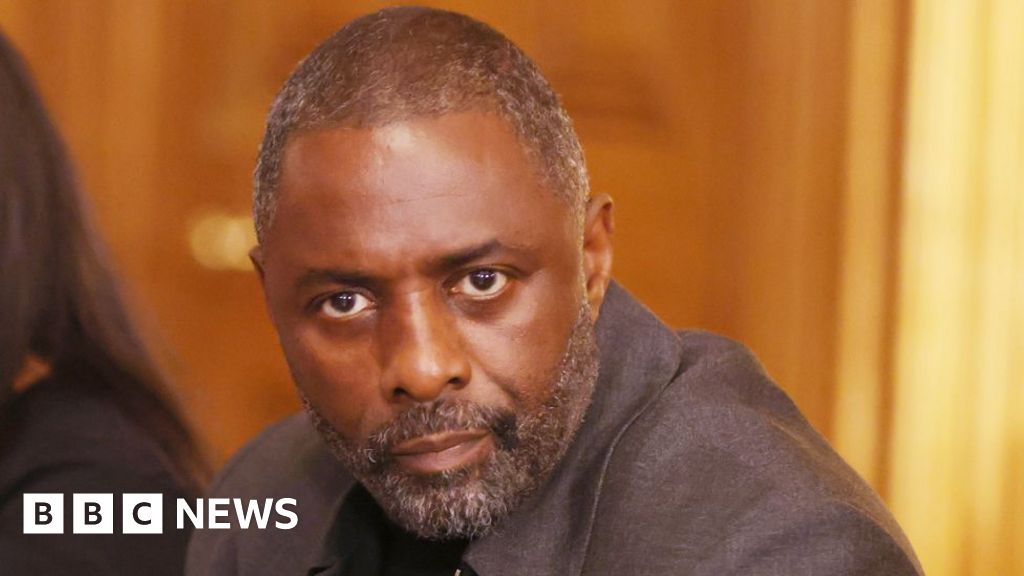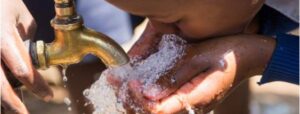
British actor Idris Elba has told the BBC that he will relocate to Africa within the next decade as part of his plans to support the continent’s movie industry.
The 52-year-old star of the hit series The Wire is behind nascent projects to build a film studio on the Tanzanian islands of Zanzibar as well as one in the Ghanaian capital, Accra.
Born in London, Elba, whose mother is from Ghana and father from Sierra Leone, has a strong attachment to Africa.
He wants to leverage his star power to back its burgeoning film business as he says it is vital that Africans get to tell their own stories.
“I would certainly consider settling down here; not even consider, it’s going to happen,” he said in an interview on the sidelines of a cinema industry meeting in Accra.
“I think [I’ll move] in the next five, 10 years, God willing. I’m here to bolster the film industry – that is a 10-year process – I won’t be able to do that from overseas. I need to be in-country, on the continent.”
But in the spirit of Pan-Africanism he will not commit to living in a specific place.
“I’m going to live in Accra, I’m going to live in Freetown [Sierra Leone’s capital], I’m going to live in Zanzibar. I’m going to try and go where they’re telling stories – that’s really important.”
One goal he does have is to make a film in his studio in Accra one day.
Elba, who played South African anti-apartheid leader Nelson Mandela in the 2013 biopic Long Walk to Freedom, believes that it is vital for Africans to be centre-stage in the entire film-making process. That is in front of the camera, behind the camera and also in financing, distribution, marketing and showing the final product.
He imagines that just as movie audiences around the world know the differences between the US cities of New York and Los Angeles without necessarily ever having visited them, they will one day have a more nuanced understanding of the continent.
“This sector is a soft power, not just across Ghana but across Africa.
“If you watch any film or anything that has got to do with Africa, all you’re going to see is trauma, how we were slaves, how we were colonised, how it’s just war and when you come to Africa, you will realise that it’s not true.
“So, it’s really important that we own those stories of our tradition, of our culture, of our languages, of the differences between one language and another. The world doesn’t know that.”
With Nigeria’s Nollywood producing hundreds of movies a year, films are arguably one of the country’s most successful exports. There is also a tradition, especially in parts of Francophone Africa, of making high-quality films.
Elba has previously recognised the talent in Africa’s film industry, but said the facilities were “lacking”.
A 2022 report from Unesco backed up the actor.
The UN’s cultural agency said that despite “significant growth in production”, the business of film-making across the continent was hindered by issues such as piracy, insubstantial training opportunities and a lack of official film institutions.
Elba believes with the right momentum and involvement of governments willing to create an enabling environment, a virtuous circle can be established.
“We have to invest in our story-telling because when you see me, you see a little version of yourself and that encourages us.”













